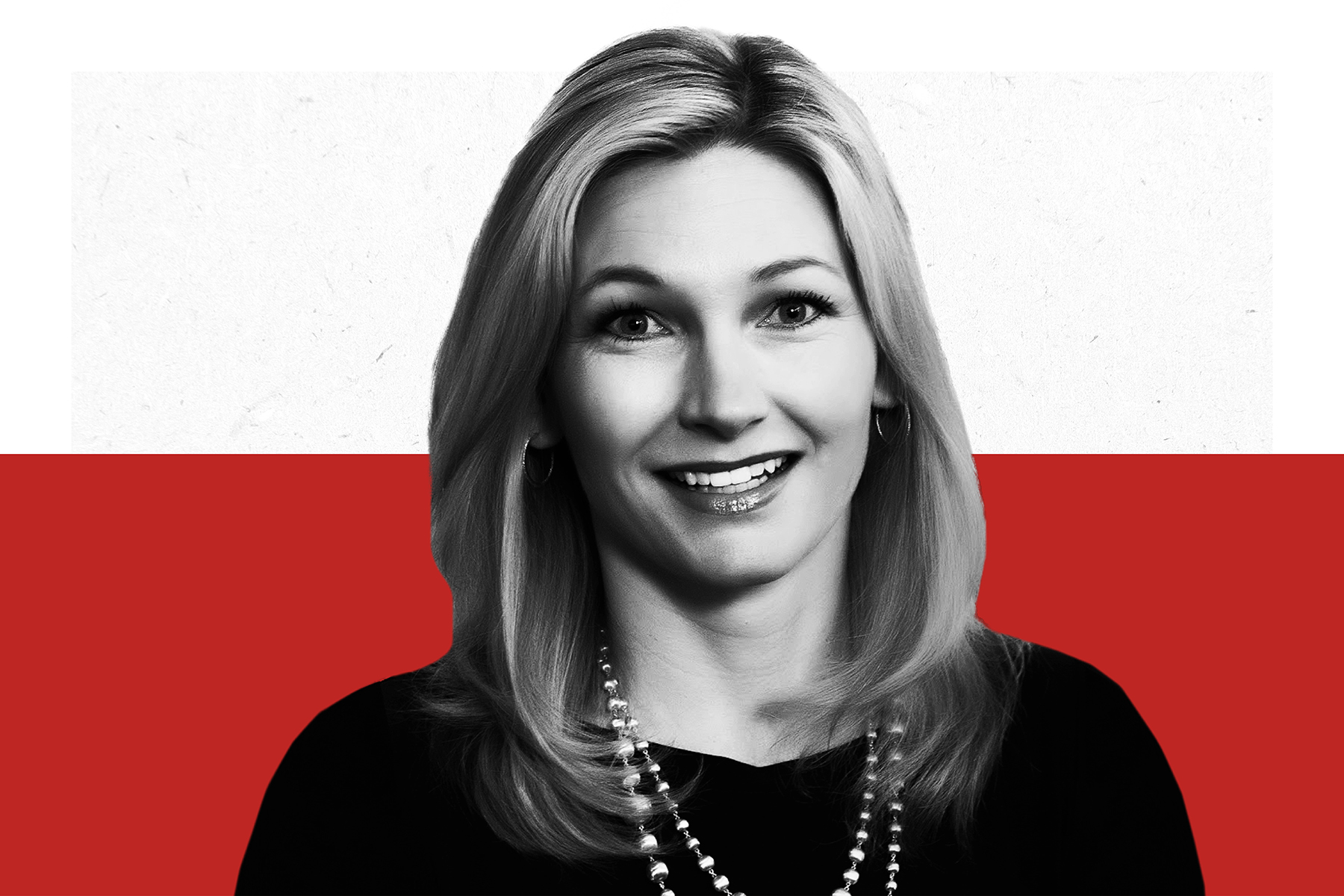As part of an ongoing series, D CEO editors talked with top executives across various industries to see what they’ve learned in these unprecedented times, and how their companies are faring.
Today we feature Ossa Fisher, president and COO of Istation. The Dallas-based company develops animated game-like tools to help students learn, and teachers assess. It serves more than 5 million students on 9,000 campuses across North America.
How are you and your company coping amid the COVID-19 crisis?
We are practicing grace and gratitude daily, which is often easier said than done. I was recently reminded of the Stockdale Paradox, which can be paraphrased as: “never confus[ing] faith that you will prevail in the end—which you can never afford to lose—with the discipline to confront the most brutal facts of your current reality, whatever they might be.” The Paradox was named after James Stockdale, a former vice-presidential candidate and one of America’s highest-ranking naval officers, who was held captive as a prisoner of war for over seven years in the Vietnam War.
We take Stockdale’s message to heart. The headlines and forecasts can be difficult to read. As an organization, we lean towards staying pragmatic about our current reality, while simultaneously (and paradoxically!) optimistic about our long-term future as a global society.
Did your business continuity plan work, or were there surprises?
As an educational technology (edtech) company, we have been fortunate to be rooted in a strong virtual and remote learning foundation. For our customers, we have been able to serve our teachers, parents, and students from afar for many years. We are augmenting our school-to-home connection even further during these times through webinars and social media outreach, but overall our customer-facing technology infrastructure is a strength for us during this time. As an organization, we had been practicing a rotational work-from-home policy for over a year. That practice helped a lot—although we didn’t realize what we were practicing for. I think that what has been most difficult in this work-from-home environment is a situation where everyone is home at the same time—kids, dogs, spouse; you name it. Those make for very complex days and no shortage of surprises.
What are the short-term ramifications for your specific industry?
We are busier than ever, helping schools and parents navigate the school-to-home environment. It is an honor to be able to continue to serve our mission, which is to support educators, empower students, and change lives. That mission rings truer today than ever before.
Have you found silver linings in these difficult times?
Yes, absolutely. To balance some of the more concerning news from around our world, I have started keeping a log of the positive difference we have been able to make during this time. We get emails, tweets, and posts that remind us daily of why we do what we do. The positive feedback makes the world feel a little brighter, and our hard work all the more imperative.
How are you maintaining your company culture?
We have started moving many in-person functions to a virtual environment. For example, we have weekly virtual happy hours (BYOB!). I have started virtual “office hours,” so people know I have windows of time when they can simply “pop-in” to see me like they would in a traditional office setting. In addition, we are embracing using internal channels via Slack to share funny stories and memes about our current situation (i.e., an attempt to replace the water cooler talk).
What have you learned that may change your policies or strategies for the future?
We will continue to invest heavily in remote infrastructure, both for our customer-facing solutions and our internal teams. I realize now how much of a better of a job we could have done for our remote employees, and I find it somewhat poignant that it took this shelter-in-place environment for us as a company to feel true empathy for our remote employees’ work-from-home experience.
What will things look like for your company and industry in another six months?
We hope schools are back in session, but we will be prepared for a variety of scenarios. We also hope we emerge as a more cohesive, dedicated organization—an organization that knows and understands its mission more deeply than ever before.





